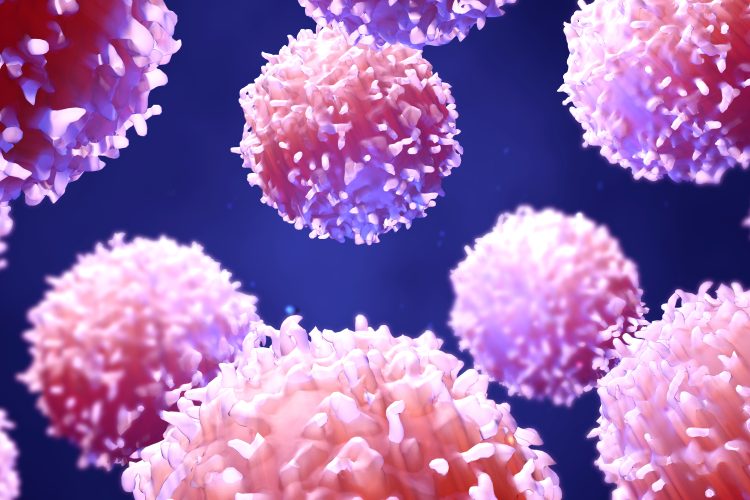The potential of PD-L2 inhibitors for cancer treatment
Posted: 24 January 2024 | Drug Target Review | No comments yet
Researchers discover that blocking PD-L2 in senescent cells increases the efficacy of chemotherapy in mouse models.


An international team of scientists have elucidated how cancer cells that have become senescent following chemotherapy activate the PD-L2 protein to protect themselves from the immune system while recruiting immune suppressor cells.
Cancer treatments, including chemotherapy, kill many tumour cells but cause the production of senescent tumour cells. While these cells do not reproduce, they generate a favourable environment for the expansion of tumour cells that may have escaped the chemotherapy effects. This eventually results in tumour regrowth. Immune suppressor cells create an inhibitory environment that impairs the ability of lymphocytes to kill cancer cells.
Based on these findings, the team, led by Dr Manuel Serrano at IRB Barcelona, investigated the effect of inactivating PD-L2. They used cell lines and animal models of melanoma, pancreatic and breast cancer for the study.
Biomarkers are redefining how precision therapies are discovered, validated and delivered.
This exclusive expert-led report reveals how leading teams are using biomarker science to drive faster insights, cleaner data and more targeted treatments – from discovery to diagnostics.
Inside the report:
- How leading organisations are reshaping strategy with biomarker-led approaches
- Better tools for real-time decision-making – turning complex data into faster insights
- Global standardisation and assay sensitivity – what it takes to scale across networks
Discover how biomarker science is addressing the biggest hurdles in drug discovery, translational research and precision medicine – access your free copy today
Notably, senescent cells lacking PD-L2 are quickly eliminated by the immune system. This intercepts the capacity of senescent cells to create an immunosuppressive environment. Therefore, lymphocytes retain their full capacity to kill those cancer cells that may have escaped the effects of chemotherapy. Dr Serrano, who is currently working at Altos Labs, explained: “By blocking PD-L2 in mouse models, we have seen that chemotherapy is more effective against cancer. This finding paves the way to consider the use of a potential PD-L2 inhibitor as an adjuvant in the treatment of this disease.”
The process of cellular senescence occurs naturally during ageing and is common in cancer therapies, like chemotherapy and radiotherapy, which act by causing extensive cellular damage. This brings about senescent cells, particularly within the tumour. Moving forward, the team of scientists will study whether senescent cells linked to the ageing of the organism also exhibit elevated levels of PD-L2.
Dr José Alberto López-Domínguez concluded: “Although more experiments are needed to characterise the role of this molecule in different types of human cancers, this work has enhanced our understanding of the role of PD-L2 and the interaction of senescent cells with the immune system.”
This study was published in Nature Cancer.
Related topics
Cancer research, Chemotherapy, Protein
Related conditions
Cancer, Cancer Research
Related organisations
Institute for Research in Biomedicine (IRB Barcelona)








